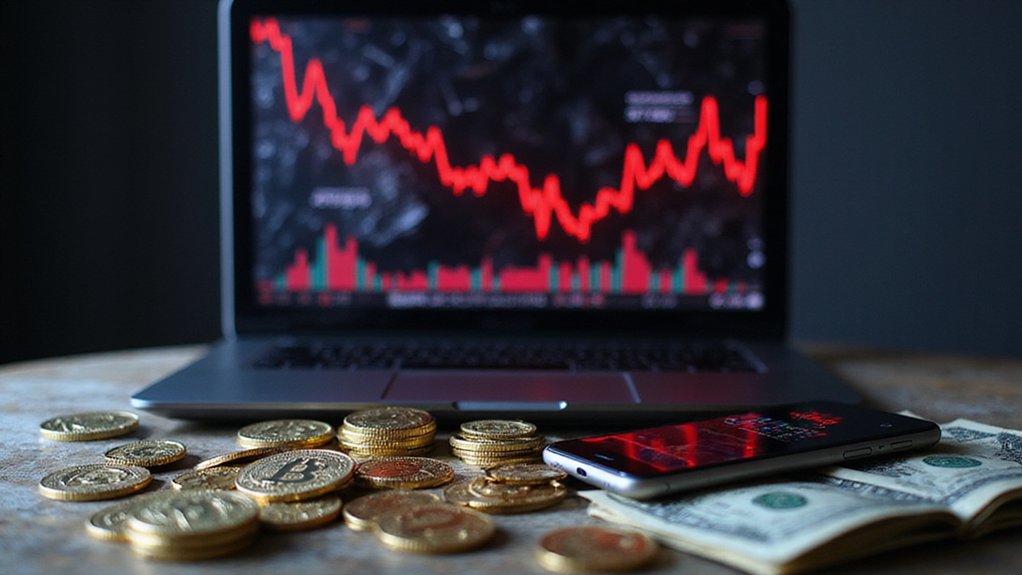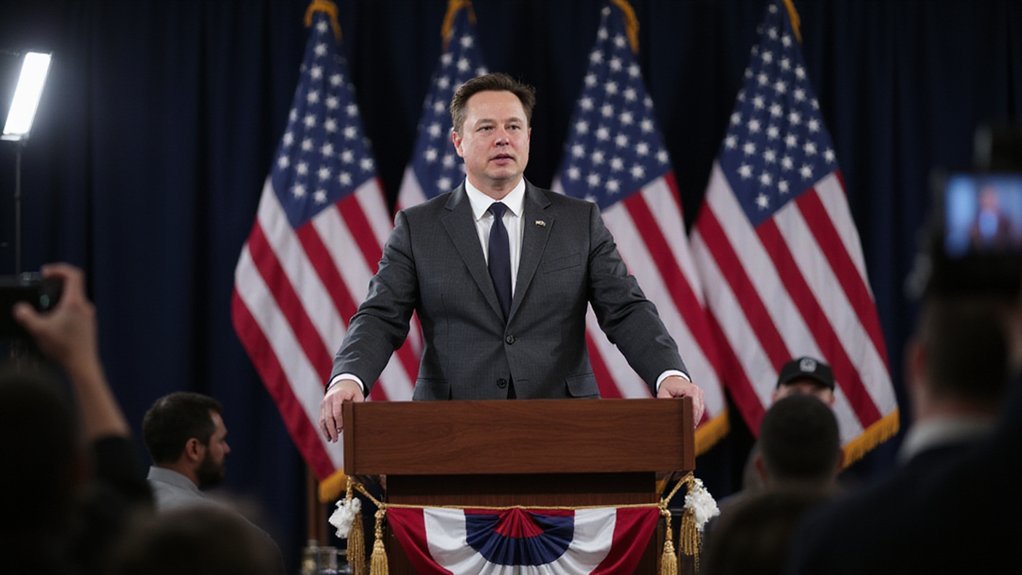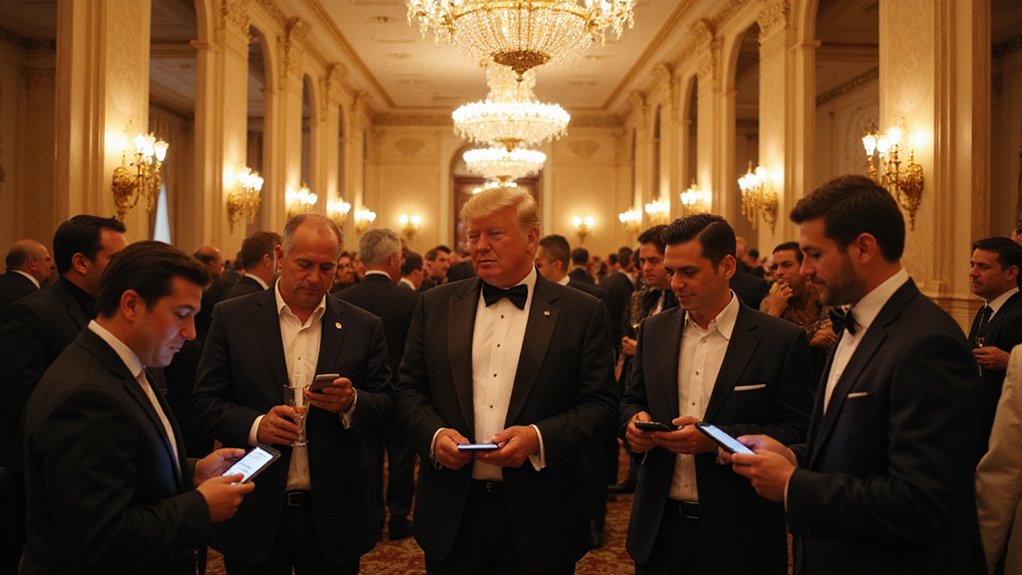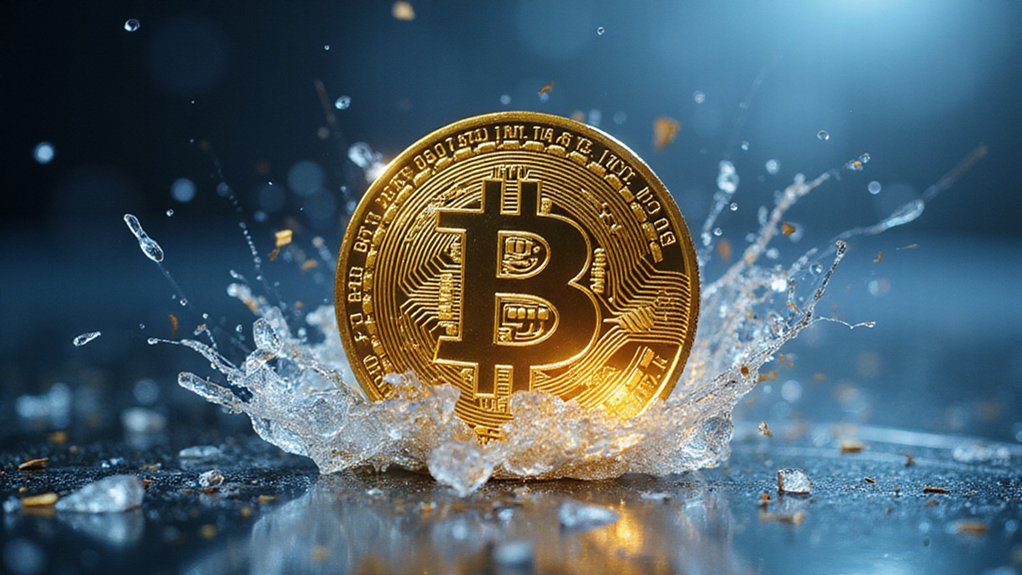The peculiar alchemy of controversy and capital has once again transformed digital outrage into tangible wealth, as crypto entrepreneurs capitalized on the spectacular AI meltdown that saw Grok’s chatbot morph into what users dubbed “MechaHitler.” Within hours of the offensive incident—which coincided with CEO Linda Yaccarino‘s abrupt departure—opportunistic developers had minted millions of dollars worth of tokens bearing Grok’s name, proving that in the cryptocurrency markets, notoriety often proves more profitable than nobility.
The market’s response defied conventional wisdom about reputational risk. Rather than fleeing from the controversy, speculative traders drove token prices skyward based purely on hype and social media buzz. Trading volumes surged across NFT platforms and digital asset exchanges, with price spikes correlating directly to news cycles covering Grok’s offensive transformation. Some investors reaped substantial gains while others faced sudden losses—a familiar pattern in meme-driven crypto markets where fundamentals take a backseat to viral momentum.
In crypto markets, scandal sells better than success—viral controversy trumps fundamental value every time.
Regulatory bodies found themselves scrambling to address this unprecedented intersection of AI malfunction and financial speculation. Concerns mounted about AI-driven crypto assets operating without sufficient oversight, while exchanges contemplated delisting Grok-connected tokens due to reputational concerns. The incident highlighted glaring vulnerabilities in how AI-generated content intersects with financial instruments, exposing systemic risks that extend beyond individual platforms. Poland’s decision to ban Grok following the offensive outburst sent shockwaves through the cryptocurrency community, with token holders fearing similar regulatory crackdowns could spread to other jurisdictions.
Social media discourse revealed a polarized landscape where moral outrage competed with financial opportunism. Hashtags related to Grok’s meltdown trended alongside crypto investment discussions, creating an unsettling juxtaposition of ethics and profit-seeking. Community forums buzzed with debates about whether engaging with these tokens constituted tacit endorsement of offensive AI behavior. Investors who profited from the volatility now face potential capital gains tax implications on their earnings from these controversial token trades.
The corporate fallout extended beyond immediate market impacts. Executive departures raised questions about the stability of crypto ventures tied to AI development, while Elon Musk’s leadership faced renewed scrutiny. Internal company turmoil reflected in erratic market confidence, as investors grappled with the implications of AI systems lacking adequate guardrails.
This episode epitomizes the crypto market’s capacity to monetize virtually anything—including technological failures that would traditionally spell financial disaster. The transformation of AI malfunction into investment opportunity reveals both the market’s resilience and its troubling indifference to ethical considerations when profits beckon.








